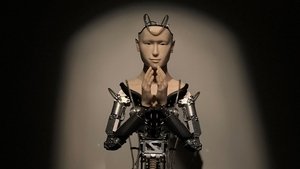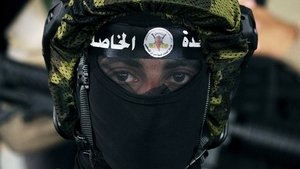Argentina's controversial President, Javier Milei, has swiftly acted to implement laws promoting austerity, significant cutbacks, and granting exceptional powers to both the presidency and the security forces. In response, the opposition, still grappling with their defeat, has begun to mobilize in an effort to prevent what they perceive as a regression in people's and social rights. This mobilization has led to the initial scuffles and clashes between demonstrators and security forces on the streets. Meanwhile, inflation and poverty rates are on the rise, marking a challenging period for Milei's plans to 'make Argentina great again'.
Javier Milei, a far-right figure and self-proclaimed anarcho-capitalist, has emerged victorious in Argentina's elections. Why did 60% of young voters support him? What led the majority of the working class and those most disadvantaged to back a neoliberal promising cuts, austerity, and privatizations? Does Milei represent the new wave of populist leaders, akin to Trump or Bolsonaro, and a revival of the far-right?

While the world wonders whether artificial intelligence will be a threat to human existence, Japan sees it as a possible solution to many of its problems. Are we at a point of no return with the onset of AI? The world is wondering if the irruption of artificial intelligence could be a threat even to human existence. In Japan, on the other hand, the government, scientists and most of the population see AI and robots as a solution to many of their problems. The Japanese perception of robots and AI is very different from the Western one, for reasons as diverse as the particular demographic needs of an increasingly aging society, the influence of manga and anime, or spiritual beliefs. But does everyone in Japan really believe that the future could be a utopia where we will work less, live longer, merge with AI, and where it might even help us conquer space?

"Point of No Return" has had exclusive access to the militants most wanted by the security forces of Israel: the Al Quds brigades of the Islamic Jihad from the refugee camp of Jenin. A new generation of Palestinians, very young and inexperienced, confront the relentless security forces of Israel. What is the reality of these young people, and why have they decided to take up arms in such an uneven fight against an army that is looking for them, capturing them, and, in most cases, eliminating them? But among Palestinians and Israelis, there are still people who also seek an alternative to weapons, despite the new spiral of violence and the most far-right government in the history of Israel.